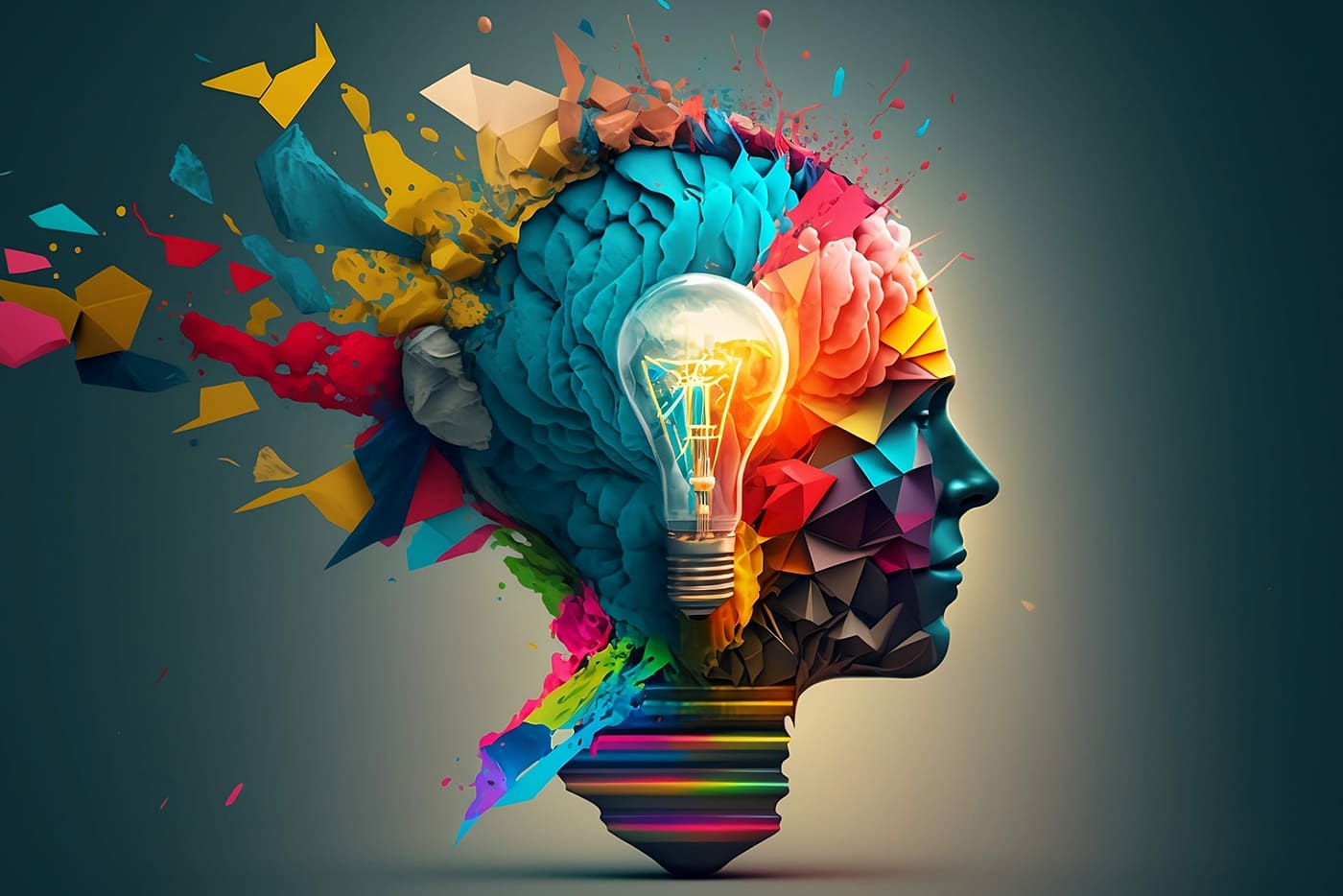
AI’s Latest Leap: Unlocking Human-Like CreativityAI’s Latest Leap: Unlocking Human-Like Creativity Artificial intelligence (AI) has made significant strides in recent years, and its latest breakthrough is revolutionizing the realm of creativity. AI systems are now capable of generating original and captivating content, unlocking unprecedented possibilities for human expression. Text Generation: AI models are proficient in generating text that mimics human language, style, and tone. They can produce everything from short stories and poems to scripts and marketing copy. This capability allows writers to explore new ideas and perspectives, collaborate with AI assistants, and enhance their productivity. Image Synthesis: AI algorithms can create realistic and visually pleasing images from scratch. They can generate landscapes, portraits, and abstract artwork that resembles human-created art. This enables artists to expand their creative boundaries, experiment with different styles, and create stunning visual content for various applications. Music Composition: AI systems are also capable of composing music that ranges from simple melodies to complex symphonies. They can analyze existing musical patterns, generate new rhythms and harmonies, and produce original compositions in various genres. This empowers musicians to collaborate with AI as co-creators, explore new sonic landscapes, and produce innovative musical experiences. Idea Generation: AI can assist in the ideation process by generating novel and thought-provoking ideas. They can analyze data, identify trends, and suggest solutions to complex problems. This helps individuals and organizations overcome creative barriers, foster innovation, and develop unique solutions. Collaborative Creativity: AI systems can enhance human creativity by acting as collaborative partners. They can provide feedback, suggest alternative perspectives, and assist in the development and refinement of creative ideas. This symbiotic relationship empowers individuals to harness the power of AI while maintaining their human touch. Ethical Considerations: As AI continues to evolve, it is essential to address the ethical implications of using AI-generated creativity. Questions arise regarding the attribution of authorship, the potential for bias in AI systems, and the impact on human employment in creative industries. By fostering open dialogue and establishing ethical guidelines, we can ensure that AI complements human creativity rather than replaces it. Conclusion: AI’s latest leap towards unlocking human-like creativity has opened up a world of possibilities. From text generation to image synthesis and from music composition to idea generation, AI is empowering individuals and organizations to transcend traditional creative boundaries. As we navigate this transformative era, it is crucial to embrace the ethical considerations associated with AI-generated creativity and foster a symbiotic relationship between humans and machines, unlocking the full potential of human imagination.
Posted inNews